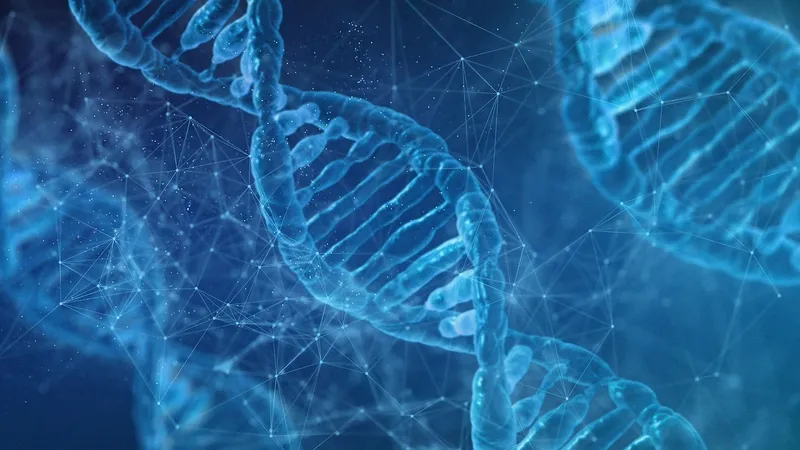Bipolar disorder, characterized by extreme mood swings between manic and depressive states, is a complex mental health condition that affects millions of people worldwide. While it’s clear that the disorder has both genetic and environmental factors at play, this blog post aims to unravel the genetic component and answer a fundamental question: Is bipolar disorder hereditary? Understanding the Genetics of Bipolar Disorder is crucial in deciphering its inheritance patterns and potential implications for individuals and their families.
Understanding Bipolar Disorder
Before diving into the genetics of bipolar disorder, it’s essential to grasp the nature of the condition. Bipolar disorder, previously known as manic depression, involves distinct mood episodes. During manic phases, individuals experience heightened energy, impulsivity, and grandiosity. Depressive episodes, on the other hand, bring about feelings of sadness, hopelessness, and low energy.
Genetics of Bipolar Disorder and Family History
One of the most compelling pieces of evidence supporting the genetic link to bipolar disorder is the prevalence of the condition within families. Studies have shown that individuals with a close relative, such as a parent or sibling, diagnosed with Bipolar Disorder have a significantly higher risk of developing the condition themselves. This pattern suggests that heredity plays a pivotal role.

Genetic Risk Factors
While the genetic contribution to bipolar disorder is undeniable, it’s important to clarify that the disorder is not caused by a single gene. Instead, it involves multiple genetic risk factors. These factors may interact with environmental influences, making it a challenging condition to predict or diagnose solely based on Genetics of Bipolar Disorder.
Direct Inheritance and Genetics of Bipolar Disorder
In the context of heredity, bipolar disorder is not directly inherited like some single-gene disorders. Instead, it follows a more complex inheritance pattern. If one parent has Genetics of Bipolar Disorder, the risk of a child developing the disorder is approximately 15-30%. If both parents have Genetics of Bipolar Disorder, this risk increases to around 50-75%.
Genetics of Bipolar Disorder
Scientific research has identified specific genes associated with Genetics of Bipolar Disorder. For example, genes that regulate neurotransmitters, the brain’s messaging system, have been implicated. Variations in these genes can affect the balance of chemicals in the brain, potentially contributing to the mood swings seen in Genetics of Bipolar Disorder.
Family History and Genetics of Bipolar Disorder Risk
The relationship between family history and the likelihood of developing Genetics of Bipolar Disorder is substantial. A family history of the condition increases the risk, as mentioned earlier. When a child has one parent with Genetics of Bipolar Disorder, they are more likely to develop the condition than someone with no family history. Therefore, family history is a significant factor in assessing an individual’s risk.
Genetic Markers and the Quest for Precision
As scientific understanding of genetics advances, researchers are working to identify more specific genetic markers associated with Genetics of Bipolar Disorder. Identifying these markers would not only help in diagnosing the condition but also in developing more targeted treatments.

We Can Help
Bipolar disorder is indeed influenced by genetics, making it a hereditary condition to a significant extent. However, it’s essential to remember that heredity is just one part of the equation. Environmental factors and gene-environment interactions also play a crucial role. While it’s clear that bipolar disorder runs in families, it is not directly inherited like simple Mendelian genetic traits. Instead, it involves a complex interplay of multiple genes and environmental influences.
At Mind Body Optimization, we specialize in treating a wide range of addiction, mental health, and co-occurring conditions. Our holistic approach focuses on addressing the multifaceted aspects of each individual’s health, ensuring comprehensive care and support for those dealing with Genetics of Bipolar Disorder and other mental health conditions. If you or someone you know is struggling with Genetics of Bipolar Disorder, we are here to provide the care and support needed to embark on a path towards whole-body healing.





